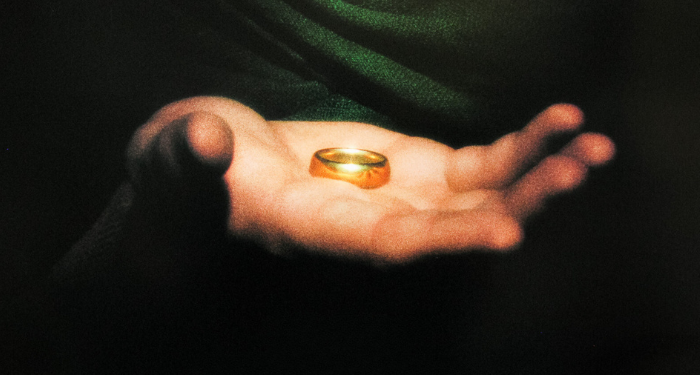As an unapologetic lover of literary clichés, I enjoyed the challenge of determining the best and worst fantasy tropes. However, this is a highly subjective, intentionally cheeky discussion based on how I feel at this random moment. I am a strong proponent of liking what you like. So, if I yuck your yum, do forgive me.
All of the media we consume have their tropes. Tropes are simply common conventions — things that get used enough to be easily recognizable. Some are obvious like the ticking clock trope, which many genres use but is particularly effective to raise the stakes in action movies. Others are more subtle, appealing to unconscious biases and norms. For example, if you see a Disney character wearing black and purple/red, while bathed in green magic or light, you have yourself a villain.
There are lots of tropes in literature, and for good reason. Done well, a trope can provide back story and character development without requiring a bunch of exposition. Sticking with the Disney examples, we quickly understand that Aladdin is a guy we should root for because he fits the popular trope of thief with a heart of gold. In retrospect, we never learn much about his past, his parents, or anything else. The trope does all the work of establishing who Aladdin is so we can jump right into the action.
Obviously, there are far too many tropes to list here, even when narrowed down to a single genre. I’ll address some of the most egregious in fantasy, but not all. (I love love fake dating to true love, and it does happen in fantasy, but it’s clearly a romance trope.) Also, many of these tropes work well when combined.
The Top 10 Best and Worst Fantasy Tropes
Fantasy is no exception to the reliance on tropes. Readers open these books prepared to go on a magical journey with a relatable hero and a few mythical creatures. Despite the inherently imaginative nature of fantasy, there are just some things that we’ve come to expect. So, without further ado, let’s explore the best and worst fantasy tropes that dominate the genre.
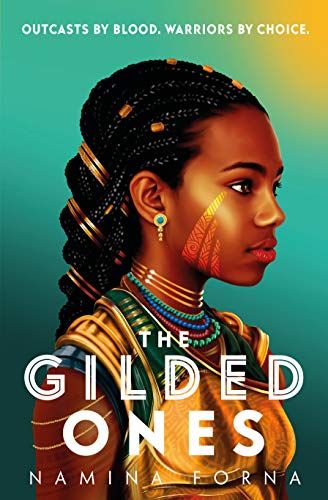
Best: The Chosen One
Fans of The Matrix immediately thought of Neo, the poster child for this trope. Of course, the badass formerly known as Thomas Anderson is far from the only chosen one in the world of science fiction and fantasy. It is almost a given that prophecy or fate will declare a story’s protagonist to be the only person who can save the day.
And we love to see it! What would Star Wars be without Luke Skywalker? Why is the story of King Arthur so timeless? It’s because this trope makes each of us feel like we could be chosen for greatness.
Recent examples of the Chosen One in fantasy include Bree from Legendborn by Tracy Deonn, Deka from The Gilded Ones by Namina Forna and, unfortunately for her, Brianne in Adrienne Tooley’s The Third Daughter.
Additionally, the chosen one is often paired with the hidden truth/secret inheritance trope. For example, an orphan boy learns that he has magical abilities, a secret vault of treasure, and is the only one who can defeat a mighty dark wizard. Likewise, in Michael Mann’s middle grade fantasy, Ghostcloud, a kidnapped boy escapes from a forced labor encampment after discovering his hidden ability to see ghosts.
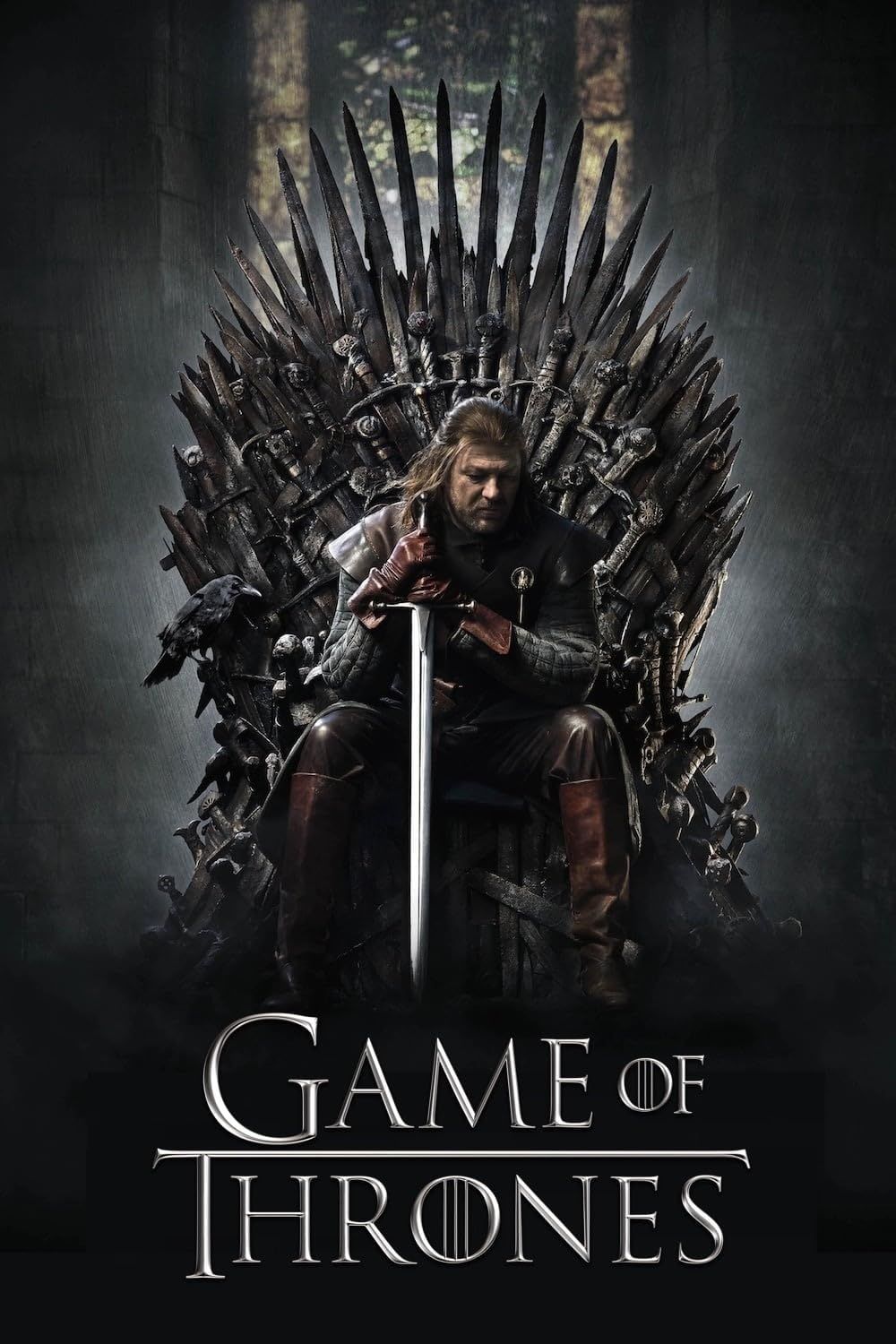
Worst: Medieval Setting
For some reason, authors love to set sword and sorcery fantasy stories in the land of knights and monarchies, taverns, and traveling on horseback. The popularity of the books and the TV adaptations of A Game of Thrones by George R.R. Martin and The Witcher by Andrzej Sapkowski suggests that medieval settings still appeal to audiences.
As much as I enjoy this trope for its familiarity, it’s sort of ridiculous. Of all the endless possibilities for fantasy worlds, we keep recreating the medieval era. With magic in play, reality can be anything. Every author doesn’t have to go full Lewis Carroll, but there’s definitely room for more imagination.
An excellent example is Of Light and Shadow by Tanaz Bhathena, which draws inspiration from the badlands of 17th century India. Likewise, Rin Chupeco defies this trope in The Never Tilting World, which is set on a planet that’s described as “half Mad Max and half Frozen.”
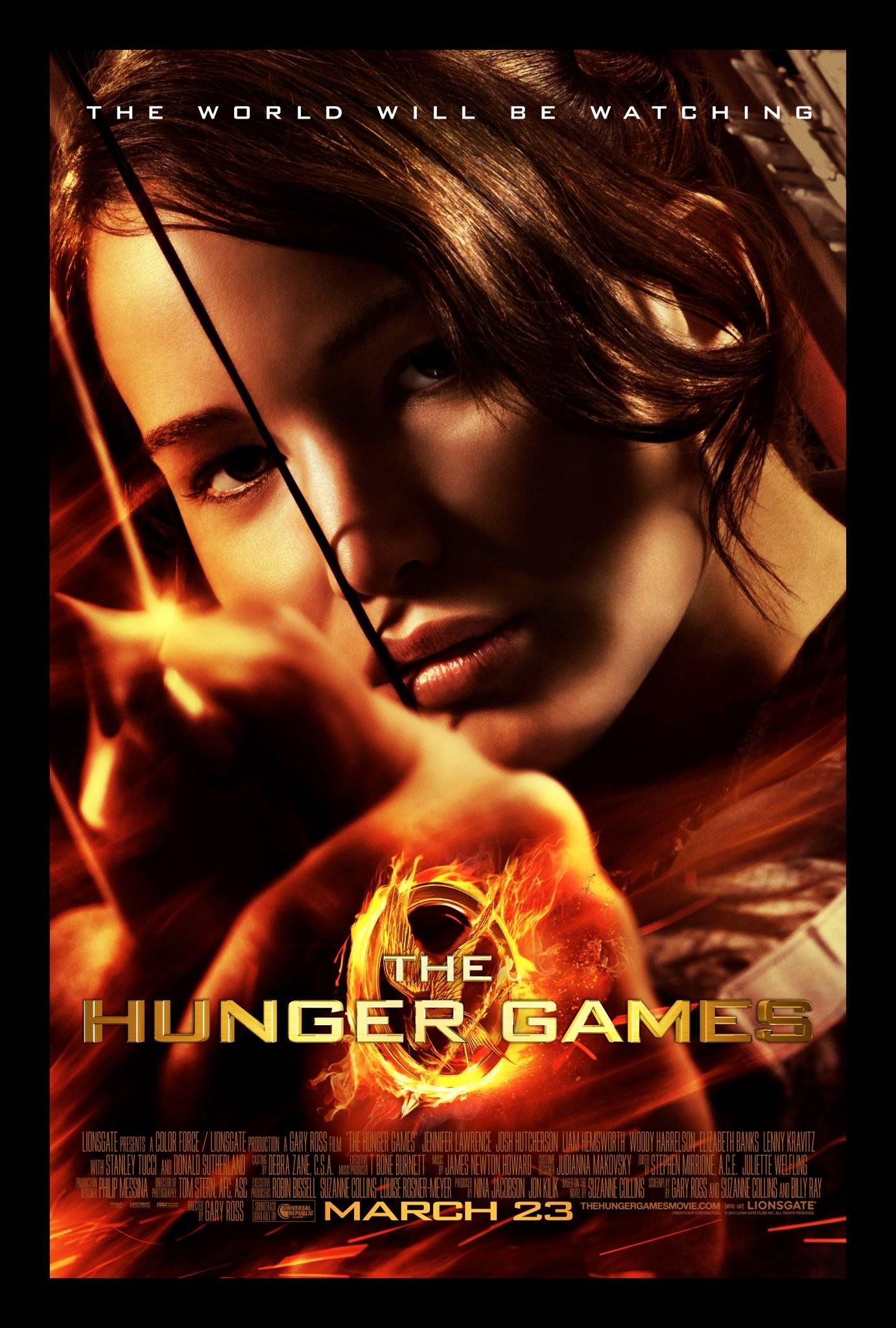
Best: Reluctant Hero
“I’m not a hero,” says every obvious hero ever. Fantasy stories would have us believe the best person for the job is the one who doesn’t want it. Just ask Game of Thrones’ Jon Snow, or Katniss Everdeen in The Hunger Games by Suzanne Collins. The reluctant hero is too hardened or insecure or racked with guilt to lead the army, the quest, or the kingdom. And that’s why they must!
Why? Because with great power comes great responsibility! And because you don’t choose your moment, it chooses you! After all, you’re the hero Gotham deserves but not the one it needs right now. Okay, maybe that last one doesn’t quite work, but you get my point.
The trope isn’t just for superheroes and high fantasy, either. In Leah Johnson’s middle grade debut Ellie Engle Saves Herself, shy Ellie Engle gains powers and a spotlight she doesn’t want. She has to be brave, take risks, and save the day (even if that means saving herself), just like all the other reluctant heroes before her.
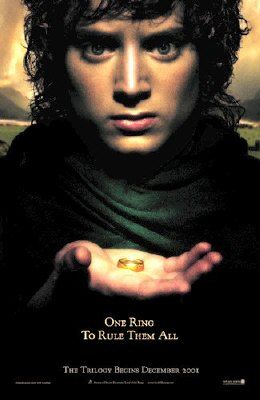
Worst: Ancient and Powerful Artifact
Partly because of my annoyance with side quests, which I’ll rant about shortly, I dislike the trope of the ancient and powerful artifact. Often, it’s essentially a magical MacGuffin that drives the plot. It’s the Avengers racing Thanos to collect the infinity stones. It’s Indiana Jones stopping the Nazis from getting the Ark of the Covenant.
Obviously, this trope can be done well. Like one golden ring, forged in secret, that gives its maker the power to rule the world. That little ring caused war, drove people mad, and held audiences hostage for several thick books and at least nine hours of cinema. It made J.R.R. Tolkien’s The Lord of the Rings arguably the most famous fantasy book of all time.
Unfortunately, the magical artifact trope can be frustratingly used as a get-out-of-jail-free card for lazy writers. A great example of this is in the 2023 Dungeons and Dragons movie adaptation, so skip on to the next trope if you haven’t seen that movie yet. Seriously, minor spoilers incoming.
The lovable band of clueless thieves turned reluctant heroes have to get a magical MacGuffin that will help them open an impenetrable safe during their elaborate, life-or-death heist. After destroying the bridge to the MacGuffin in a moment of cheap humor, they have to devise a new way to get across the hot lava or whatever.
Well, you’ll never believe their luck. One of them happened to randomly retrieve a walking stick from her estranged husband during an earlier stage of their journey. Naturally, it turns out to be a powerful magical artifact that opens teleportation portals.
Thanks, I hate it.
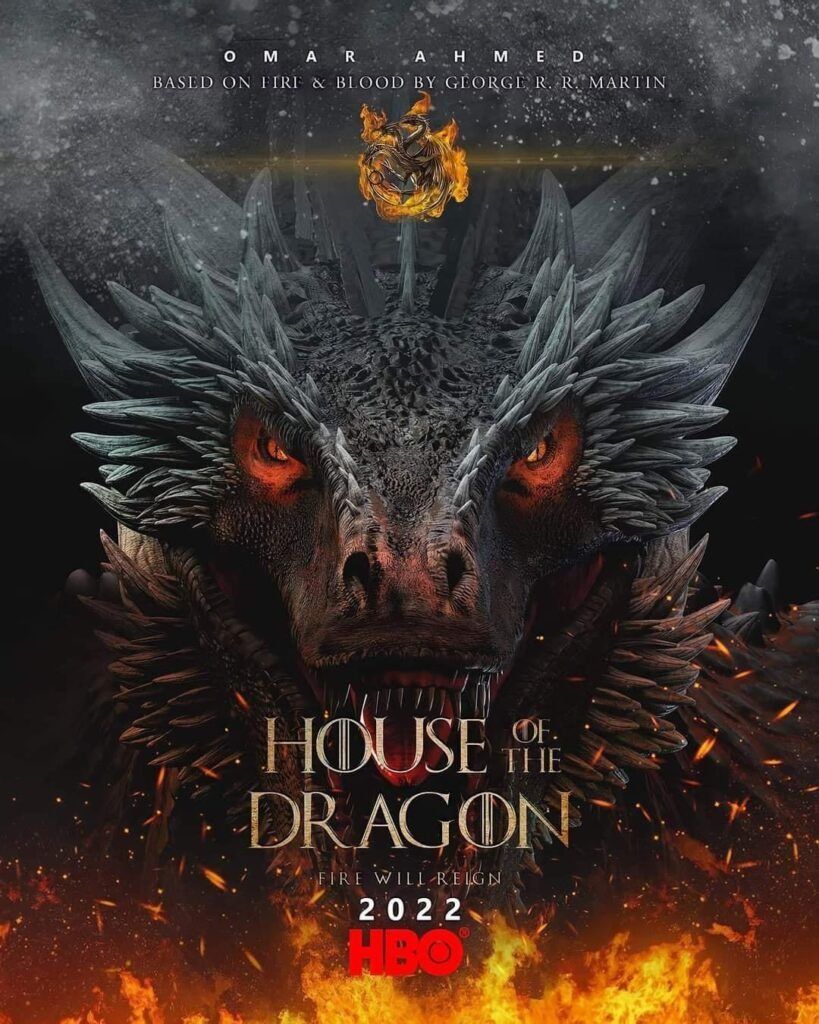
Best: Fantastical Creatures
We all come to fantasy for the dragons and unicorns, right? The success of the high fantasy epics of Tolkien and Martin and their kidlit counterparts like Eragon and How to Train Your Dragon indicates that fantastical creatures are a major draw. With endless possibilities inspired by countless mythologies, there are plenty of creatures to keep us captivated.
Seriously, there are so many creatures that (allegedly) only exist in fantasy. Fairies, elves, werewolves, and vampires are practically normal people at this point. Given that the only limits are a writer’s imagination, this trope should keep on giving for a long time.
If you’re looking for some excellent fantasy books with interesting creatures, try Fourth Wing by Rebecca Yarros or The Sun and the Void by Gabriela Romero Lacruz.
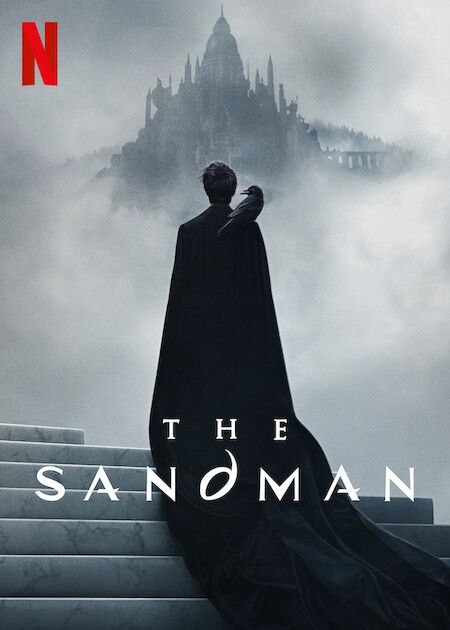
Worst: Side Quests
There are few things more annoying than characters having to go on a random side quest to get the thing they need to get other the thing they need in order to save the day. (Here’s looking at you Sonic the Hedghog 2.) Obviously, we cannot simply walk into Mordor, but do we have to have so many detours?
As much as I loved the Netflix adaptation of Neil Gaiman’s The Sandman, the first season felt like a series of side quests. Dreamy dreamboat, Dream, has to collect some magical artifacts so that he can recover his full power. Meanwhile, I’m just ready for him to have his powers back so that we can get to the action. Clearly, side quests and magical MacGuffins go together like anxiety and depression.
Best: The Cavalry arrives
The reluctant hero, the chosen one, has unlocked their secret abilities and used them to fight the mythical creatures and get the ancient artifact. But it’s not enough. The enemy is too powerful.
All hope is lost. The hero struggles to their feet, battered and bruised. They stand alone, staring down a massive army. They wipe blood from their lips and square their shoulders.
Then Gandalf arrives from the east with the dawn and the Rohirrim. Or the Knights of the Vale somehow appear at Jon Snow’s back. Or Falcon says, “on your left.”
And we lose our collective minds.
The cavalry arrives to save the day. Though the hero would’ve fought to their last breath, they don’t have to. They’re not alone in the face of evil, and neither are we.
Gives me chills every time.
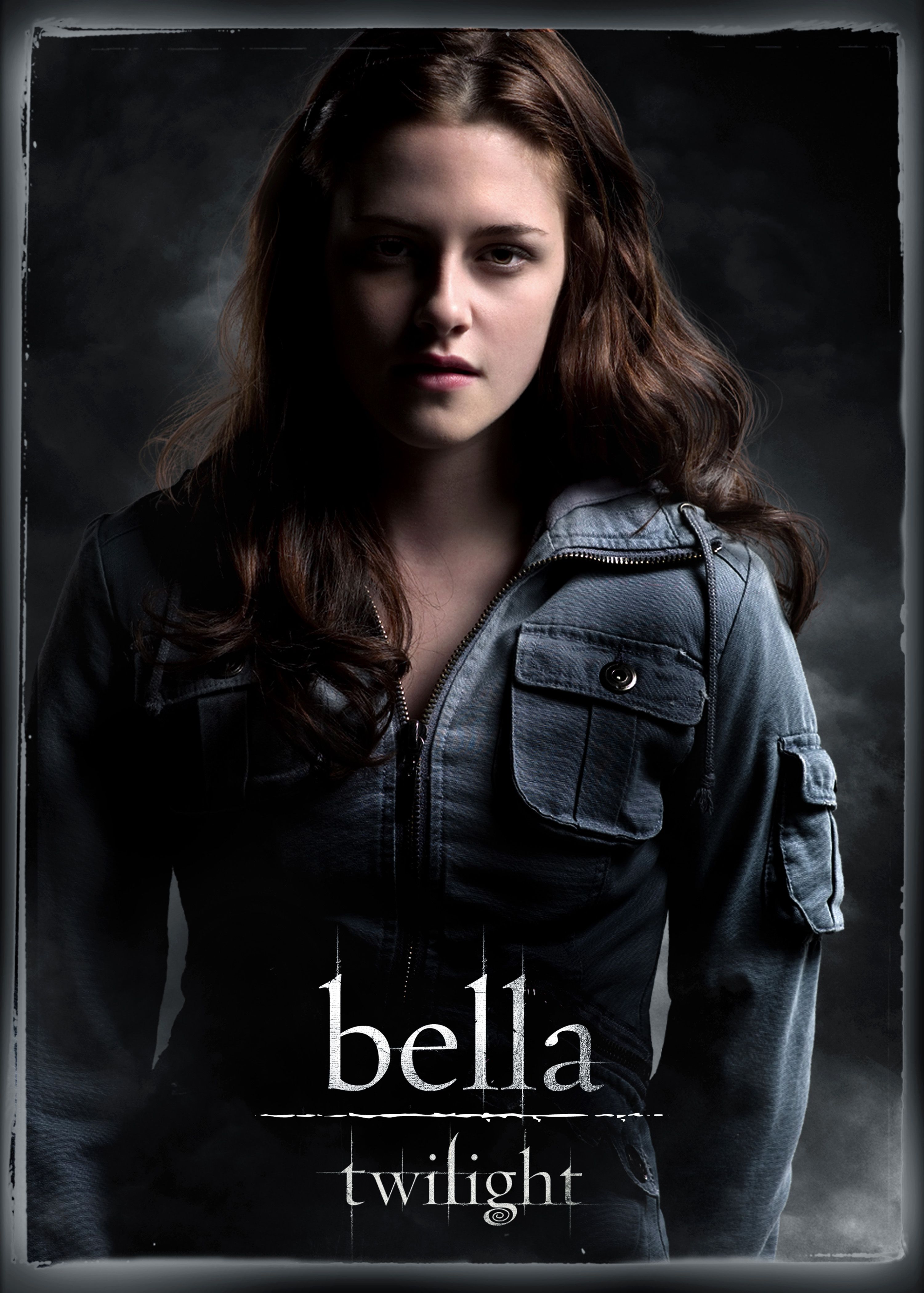
Worst: Damsels in Distress
Boo, misogyny! This trope is dated and appears less frequently than it used to. Lois Lane and Mary Jane Parker, Snow White and Sleeping Beauty are relics of a bygone era. Now, in books like The Book of Night by Holly Black, the badass woman hero is doing the saving while outsmarting even the most powerful foes.
Unfortunately, the damsel in distress is still around. The most prominent example this century has to be Twilight’s Bella Swan. Similarly, fans of Kerri Maniscalco’s series criticized how often Emilia in Kingdom of the Feared needed Wrath to rescue her from danger. At least those rescues led to some spicy romance. Bella and Edward only ever gave us vegan vanilla. (Full disclosure, I love vegan vanilla. Vanilla is delicious and dairy hates me.)
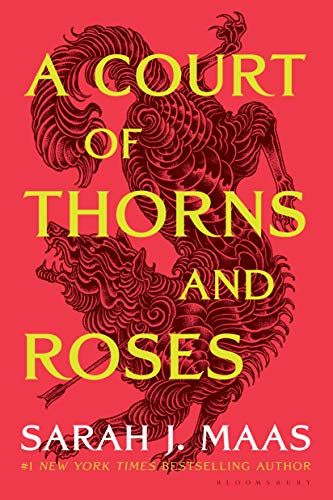
Best: Antagonist Turned Ally
The twist that the T-800 came to the past to protect John Conner remains a classic feat of sequel genius. People love morally gray characters, so seeing a former antagonist become an ally is always satisfying. I mean, Loki isn’t such a beloved Marvel character based on his whiny antics in the first Thor movie. It’s the fun of watching the arrogant, self-centered god turn into the mischievous scamp with a heart of gold that really appeals to us. (And he’s hot.)
In recent literature, look no further than Rhysand in A Court of Thorns and Roses by Sarah J. Maas or Damian and Roz in Seven Faceless Saints by M.K. Lobb. We love the tension, the chemistry, and the potential for enemies-to-lovers romances in certain situations. It’s a tale as old as time, after all.
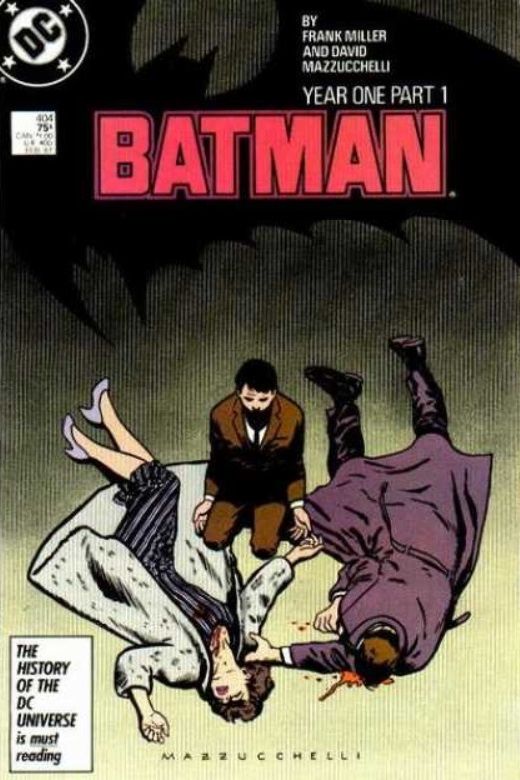
Worst: Orphan Hero
Why can’t heroes come from happy homes? Why must Spider-Man lose his parents and Uncle Ben? Does Bruce Wayne have to lose Thomas and Martha in that alley? It’s this trauma that defines and/or motivates the characters. If the absolutely excellent Across the Spiderverse movie is correct, then these moments must occur for the protagonist to become a hero.
As Miles Morales said in the aforementioned film, “Nah, I’m a do my own thing.” I refuse to accept that trauma is the only path to heroism. I know we’re shaped by our experiences, and overcoming trauma requires hard work and heroism. Nonetheless, the idea that without suffering we don’t become our true selves is just icky. Give me superheroes with loving and supportive homes, like Kamala Khan from Marvel’s Miss Marvel.
Still, like most of these tropes, I secretly love myself a wounded-ass orphan hero. From Violet in Violet Made of Thorns by Gina Chen, the Marvel Cinematic Universe’s Nebula and Gamora, to the main characters in The Vermillion Emporium by Jamie Pacton, I love a hard-shelled, cynical secret marshmallow. I get all the feels watching them learn to love a much-needed found family.
So, those are my picks for the best and worst fantasy tropes. Now you’ll never be able to read fantasy without noticing them. You’re welcome and I’m sorry. You, dear reader are, like these tropes, the absolute best. Go save the world.
If you enjoyed this post, you’ll probably also enjoy the articles below.
